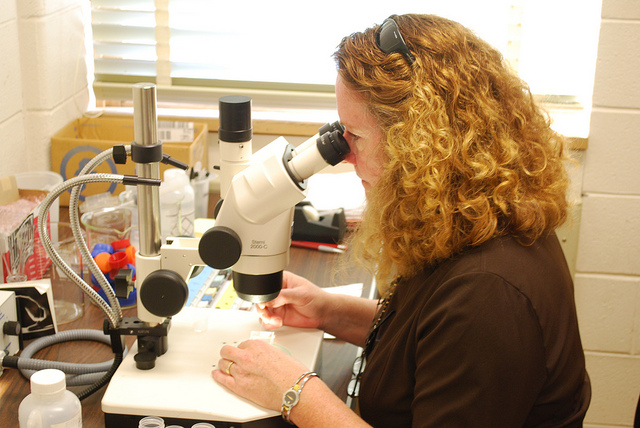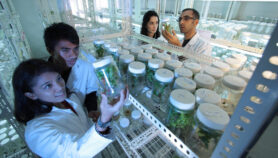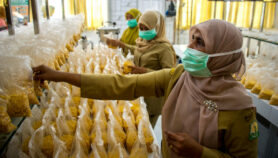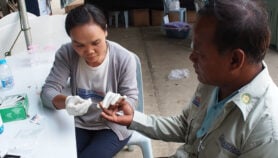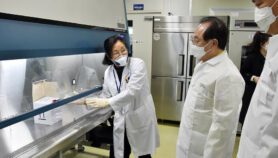By: Fatima Arkin
Send to a friend
The details you provide on this page will not be used to send unsolicited email, and will not be sold to a 3rd party. See privacy policy.
[MANILA] The Asia-Pacific region faces losing important scientific resources following cutbacks to some of Australia’s most important climate research programmes.
Australia’s Commonwealth Scientific and Industrial Research Organisation (CSIRO) announced last month (04 February) it will cut about 350 staff jobs over two years. Half of the researchers employed in two climate modelling and monitoring programmes will lose their jobs in the move that seems to be a continuation of the Australian government’s budget cutbacks on development, science and environment research.
“Without continuing fundamental research in the Asia-Pacific region, our capability to adapt to the potentially serious consequences of human-induced changes will be substantially reduced.”
By Lisa Alexander, University of New South Wales
On 8 March, world-leading CSIRO scientists informed an Australian Senate inquiry that they are looking for jobs elsewhere.
In an email to staff, CSIRO chief executive and former Silicon Valley tech entrepreneur Larry Marshall announced that the organisation will now focus on efforts to adapt to and mitigate the effects of climate change rather than understanding its nature through fundamental science research.
“That argument would be like removing the foundations of the house because you need to build a roof,” says Lisa Alexander, an associate professor in the climate change research centre at the University of New South Wales in Australia and one of almost 3,000 people worldwide who signed a petition protesting the cuts.
“Without continuing fundamental research in the Asia-Pacific region, our capability to adapt to the potentially serious consequences of human-induced changes will be substantially reduced,” Alexander tells SciDev.Net.
Despite assurances by CSIRO officials, scientists around the world are concerned there will be a loss of Australian data, especially from Cape Grim in Tasmania, Australia which has been measuring airborne greenhouse gases since 1976, as well as a crucial ocean-monitoring programme called Argo, which is a global array of more than 3,000 free-drifting profiling floats. The cutbacks could significantly hinder global efforts to predict and prepare for severe weather changes, including typhoons and drought.
“CSIRO has been at the forefront of modelling and monitoring efforts throughout the Asia-Pacific for decades,” Adam Switzer, an assistant professor in environment at the Nanyang Technological University in Singapore who also signed the petition, tells SciDev.Net. “The loss of much of this capability with the impending cuts is a real blow for climate research throughout the region.”
CSIRO forecast the current El Niño, which enabled governments and industries throughout the Asia-Pacific to prepare for it. Climate scientists at CSIRO have also had a long history of leading, collaborating and mentoring scientists throughout the region, including those from the Pacific small island developing states.
“The regional implications of this are fairly dire and I must admit I’m somewhat surprised that the governments of Asia-Pacific haven’t been more vocal,” notes Switzer.
A February report released by the nonprofit Climate Council of Australia states that CSIRO’s cuts will violate the terms of the recent Paris Agreement and jeopardise governments and businesses that rely on CSIRO data to make billion dollar decisions. CSIRO executives did not consult key organisations that depend on CSIRO climate modelling and measuring research until 24 hours before the cuts were made public.
This piece was produced by SciDev.Net’s South-East Asia & Pacific desk.


